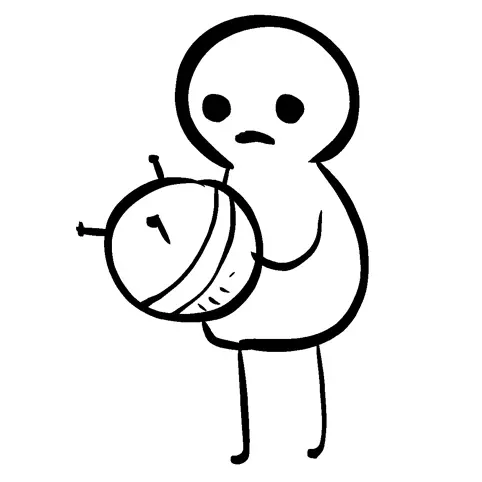- cross-posted to:
- homegym
- cross-posted to:
- homegym
cross-posted from: https://sh.itjust.works/post/20133956
With the exception of the weight stack for my functional trainer and its change plates, I wanted all my subsequent equipment to be metric. To that end, I saw some cheap 45 lbs CAP bumper plates, and figured that I could make them into metric with not too much effort.
Some rough math prior to purchasing suggested that these plates – with a width of 68 mm – could be slimmed down from 20.4 kg (45 lbs) to nearly 20.0 kg, by boring two 2" holes (51 mm). To keep balance, the holes should be on on diametrically opposite ends. And should be neither too close to the edge, nor too close to the center, since the plate still needs to absorb a drop without deforming. That the bored holes are 51 mm is a fantastic happenstance, nearly identical to the center hole for Olympic-spec plates.
Examining each plate before drilling, I found that the silkscreen letter A in “CAP” is well-centered diametrically, although it doesn’t line up with the matching logo on the back side. Also, since these are cheap CAP plates, the initial weight tolerances are pretty poor. 45 lbs should be 20.41 kg (2 sig figs), but my first four plates registered at 20.58, 20.51, 20.64, 20.56. That’s nearly an extra half pound!
To drill the holes perfectly plumb, I did the work on a drill press using a 2-inch hole saw. Because the saw wasn’t deep enough to go through the full width in one pass, I started with a 1/4-inch (6 mm) pilot hole straight through the tip of the letter A in “CAP”. Then I drilled from both sides with the hole saw until a ~200 gram rubber core fell out. Repeat for the second bore.
To finish, I took some sandpaper to remove the old “45 lbs” markings, then used my label maker to affix new values. All plates are still high, but ranged from 20.030 kg to 20.105 kg. Not too shabby, I think.
In a happy coincidence, the position of these bored holes is perfect for one’s thumbs when grasping the plate like a steering wheel, making it easier to pick up when laid flat on the floor. I also added a strip of blue electrical tape around the perimeter to make it easy to identify these as 20 kg.
In the end, I got the cheap metric plates I wanted, and it came with a usability improvement as well. I’ve not dropped these yet, so time will tell how they hold up.


Pretty creative problem solving!
Nice bonus that the hole you needed to drill was sized similarly to the central hole for the bar.
Sometimes making things is not about the most fancy stuff, just making something fit for your purpose can be great too.
Yeah, my whole homegym is a strange mix of equipment melded with DIY stuff I’ve put together to meet my – admittedly particular – needs. I expect that hole saw to also be useful when I start making accessories out of metal, which will be a new frontier for me.